Masjid al-Quba
Masjid Quba (atau Masjid al-Quba) ialah masjid pertama yang dibina oleh orang Islam. Masjid ini terletak di Kota Madinah kira-kira dua batu daripada Masjid Nabawi. Masjid ini diasaskan oleh Nabi Muhammad sebelum Baginda tiba di Madinah melakukan berhijrah dari Makkah.
Masjid an-Nabawi
Masjid an-Nabawi (Arab: المسجد النبوي al-Masjid al-Nabawīy) atau Masjid Nabi merupakan masjid kedua paling suci mengikut kepercayaan umat Islam. Di sini juga terdapat Makam Rasullullah S.A.W. Masjidil Haram merupakan masjid paling suci dan Masjid Al Aqsa merupakan masjid ketiga paling suci dalam Islam.
Universiti al-Azhar
Universiti al-Azhar (Bahasa Arab: جامعة الأزهر atau juga الأزهر الشريف; al-Azhar al-Shareef, "Azhar yang Mulia"), adalah sebuah institusi pendidikan tinggi ulung di Mesir, dan terkenal di dunia sebagai pusat kesarjanaan dan pendidikan. Mula dibina pada 969, ia merupakan universiti yang kedua tertua ditubuhkan yang masih beroperasi selepas Universiti al-Qarawiyin di Fes, Maghribi.
Masjidil Haram
Masjidil Haram, kadangkala disebut juga Masjid al-Haram ataupun Al-Masjid al-Ḥarām (Arab : المسجد الحرام), adalah masjid paling suci mengikut kepercayaan umat Islam. Masjid ini terletak di Kota Makkah Al Mukharamah. Masjid al-Haram dibina mengelilingi Kaabah, iaitu Qiblat umat Islam apabila mengerjakan solat.
Masjid Al-Aqsa
Masjid Al-Aqsa (Arab: المسجد الاقصى), adalah sebahagian daripada kompleks bangunan-bangunan agama-agama di Baitulmuqaddis dikenali sebagai Gunung Majed atau Al-Haram Al-Sharif dan tapak ibadah suci yang ketiga (Tapak Ibadah Suci) kepada Muslim dan Har ha-Bayit (Kuil Suci) kepada Yahudi.
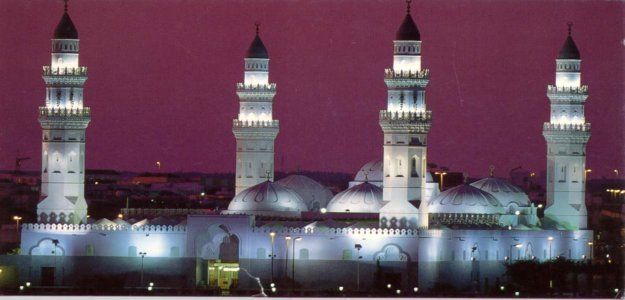
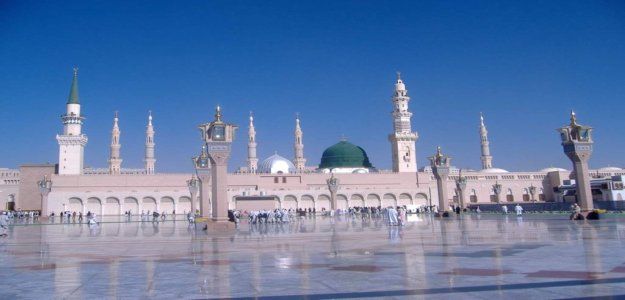
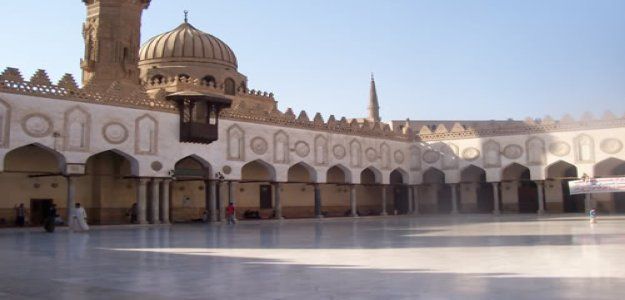
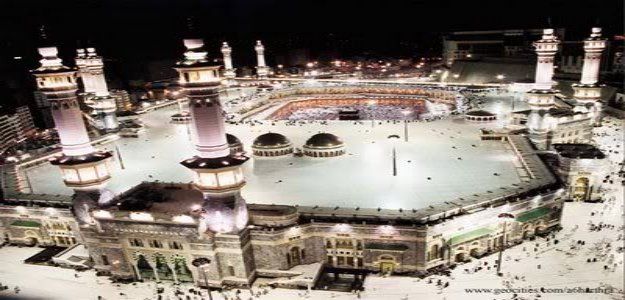
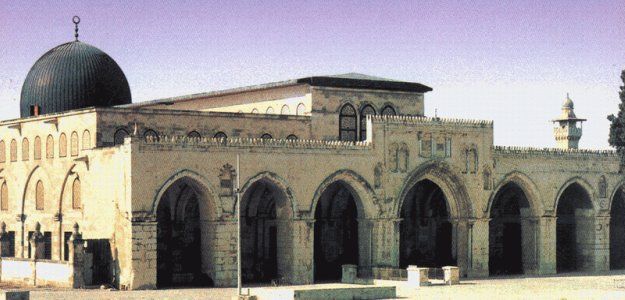














0 comments:
Post a Comment